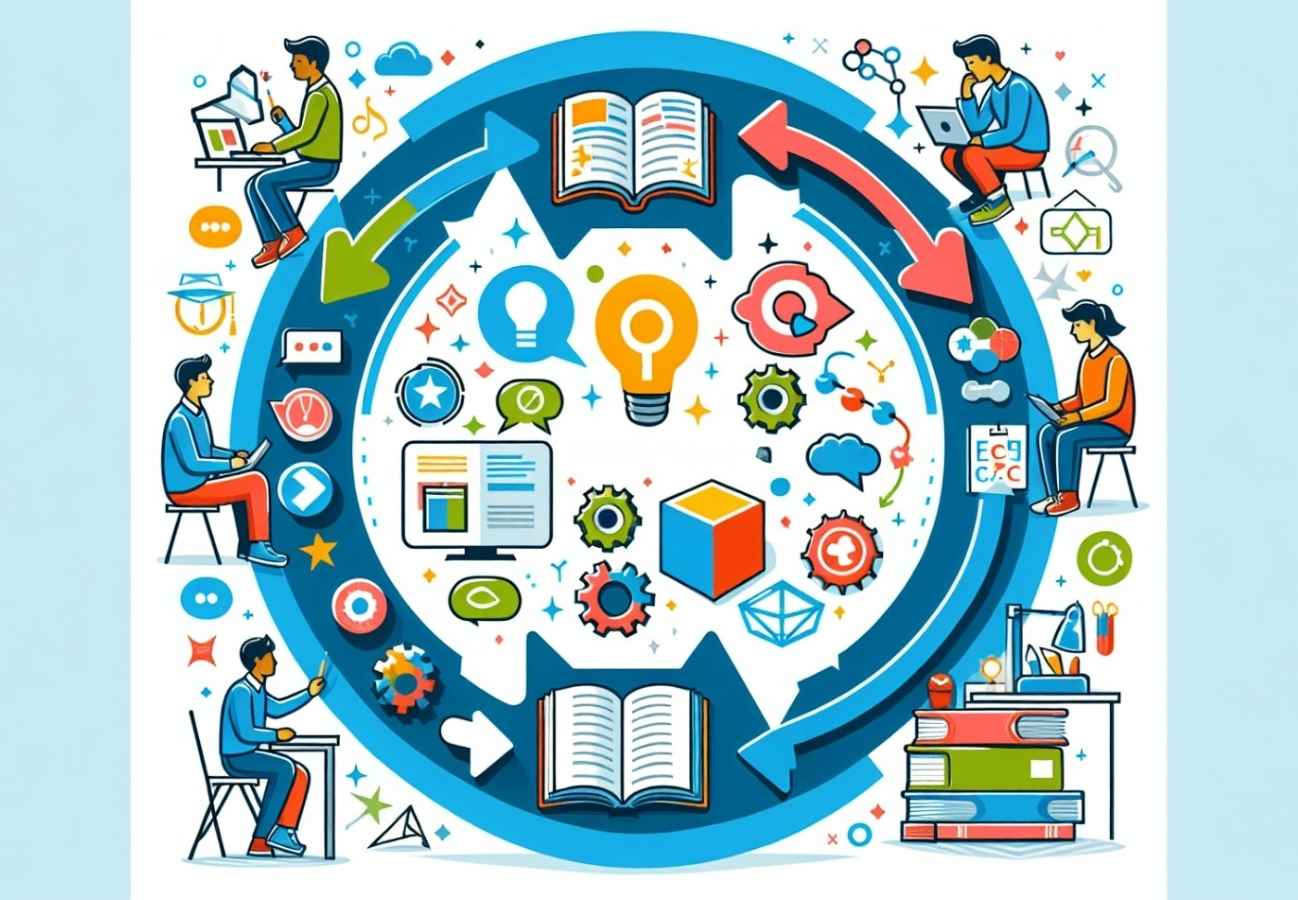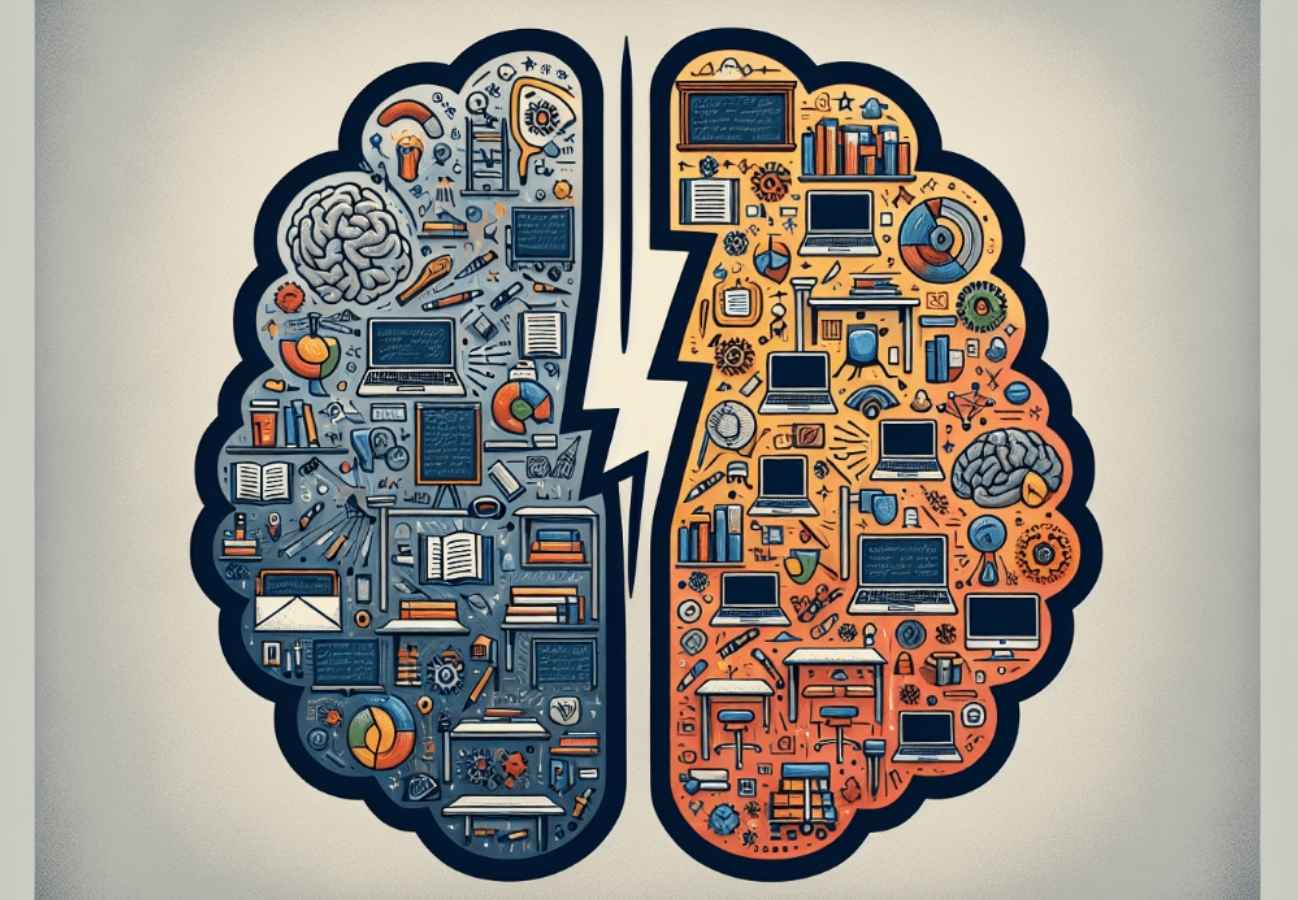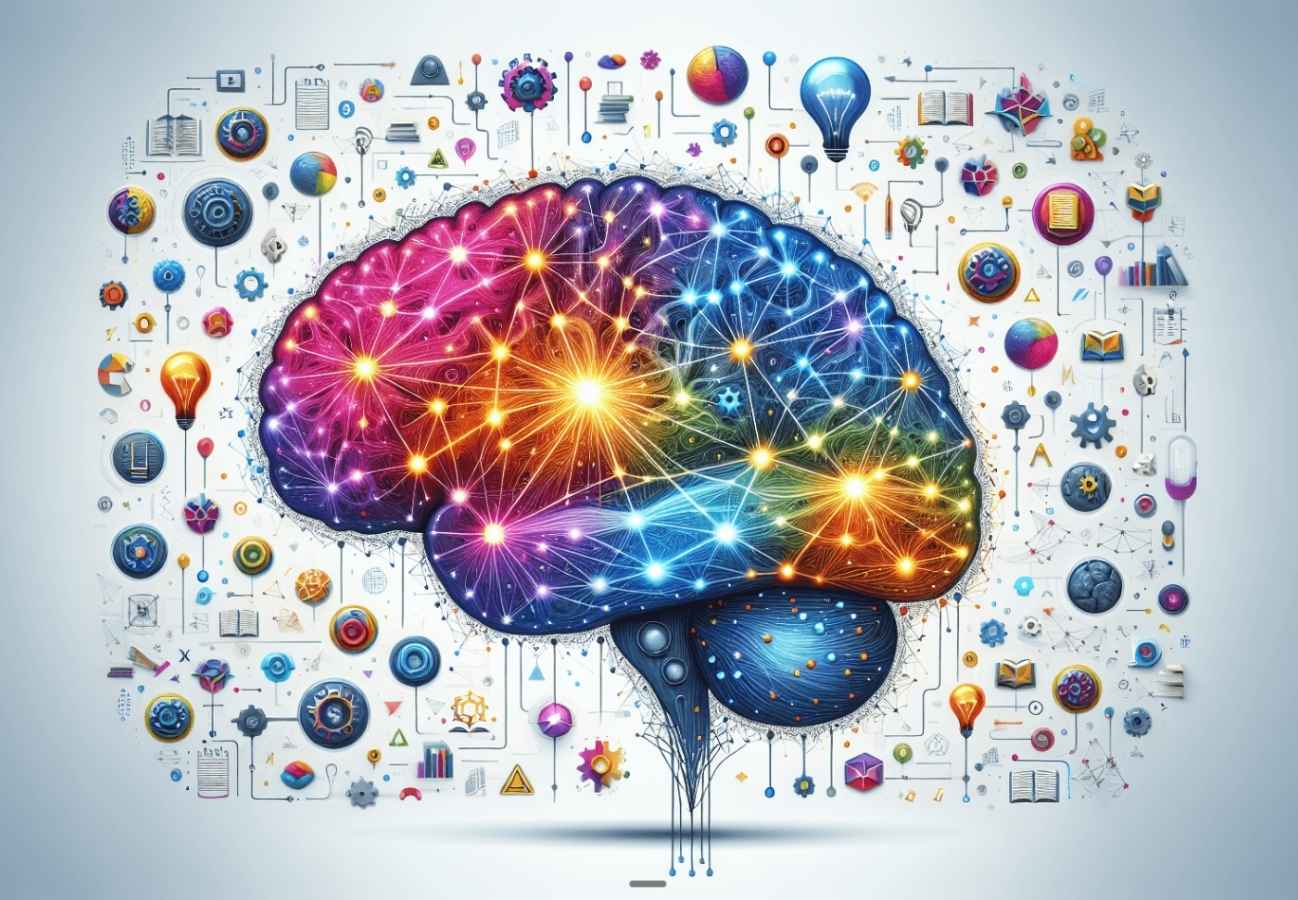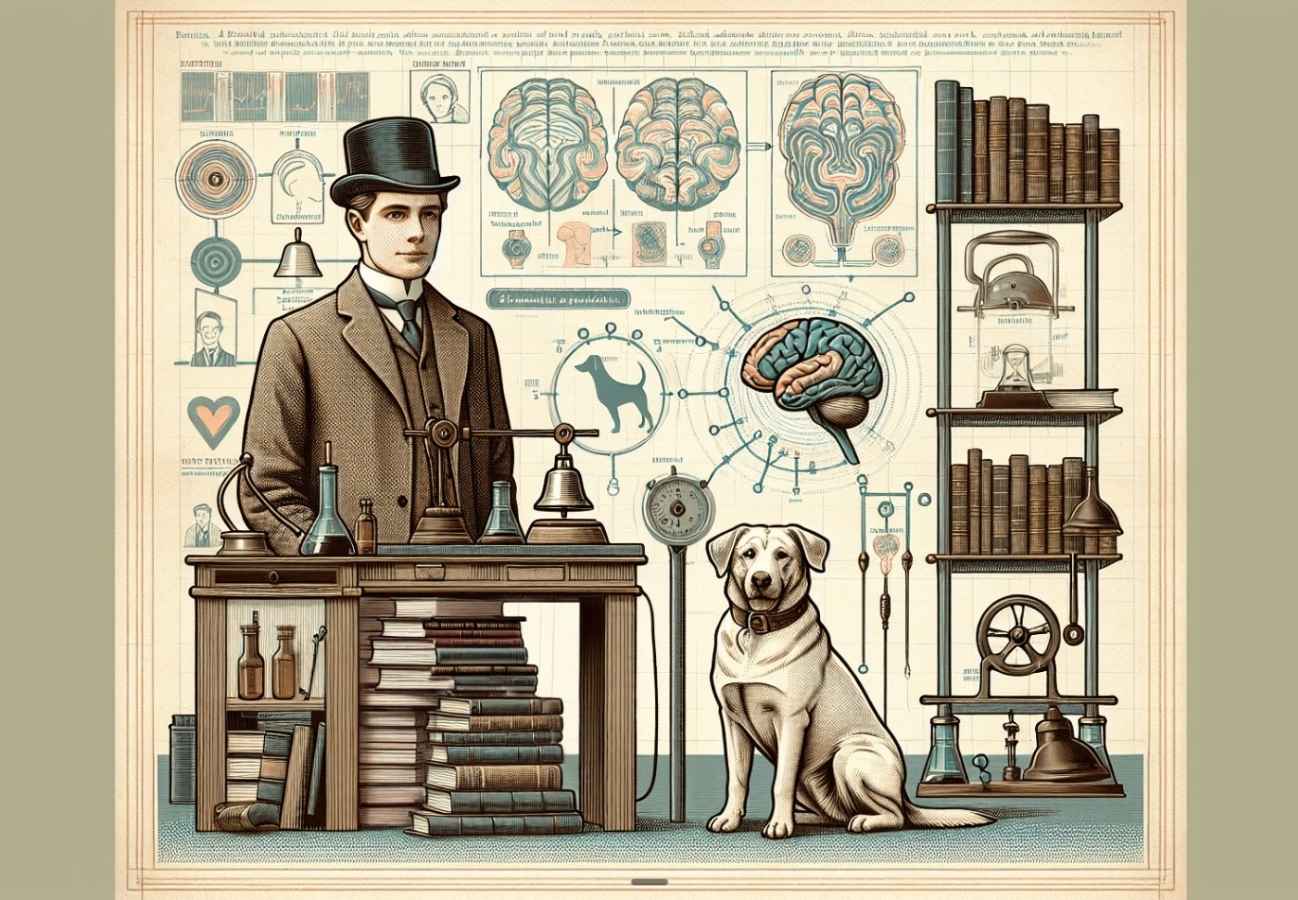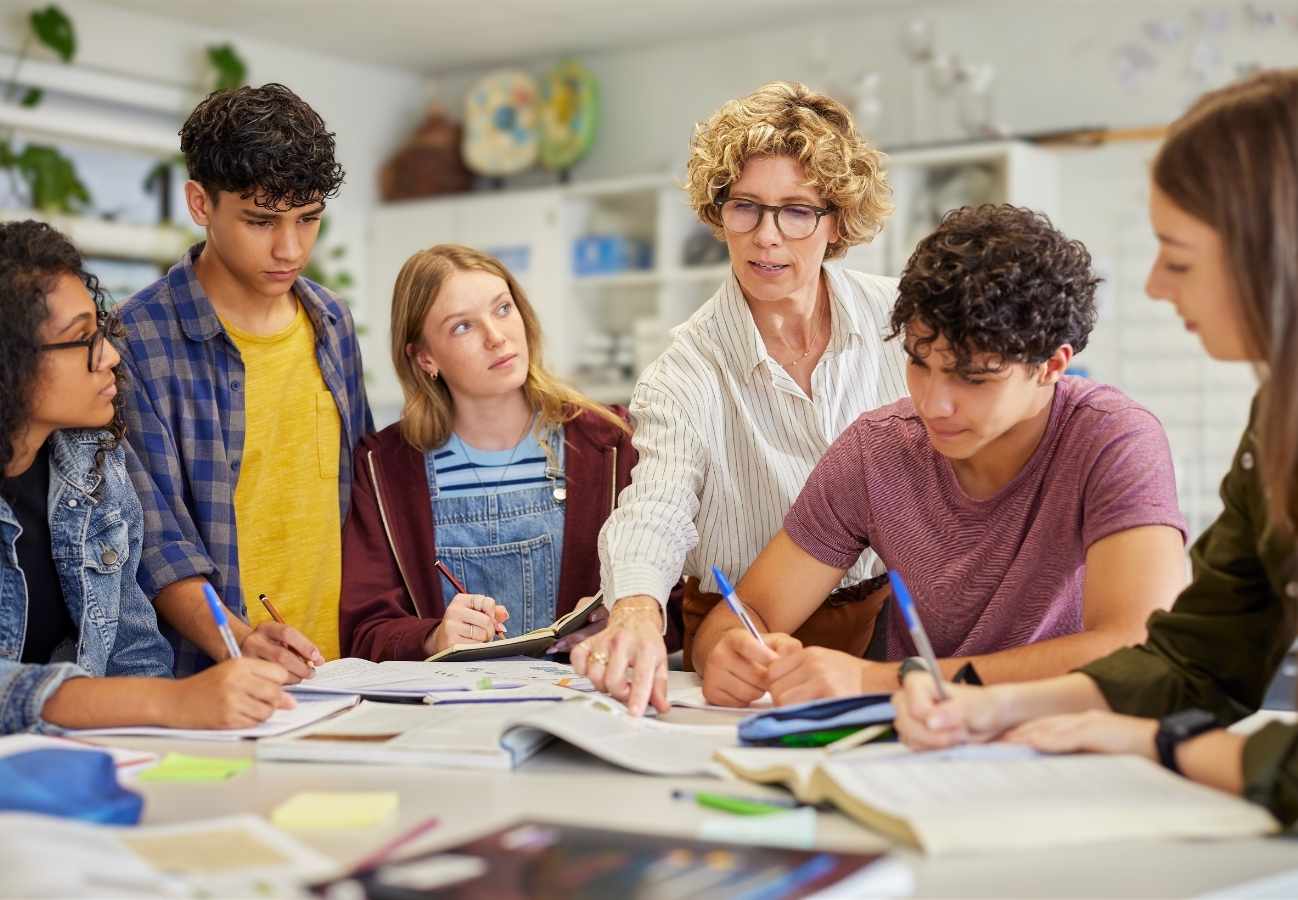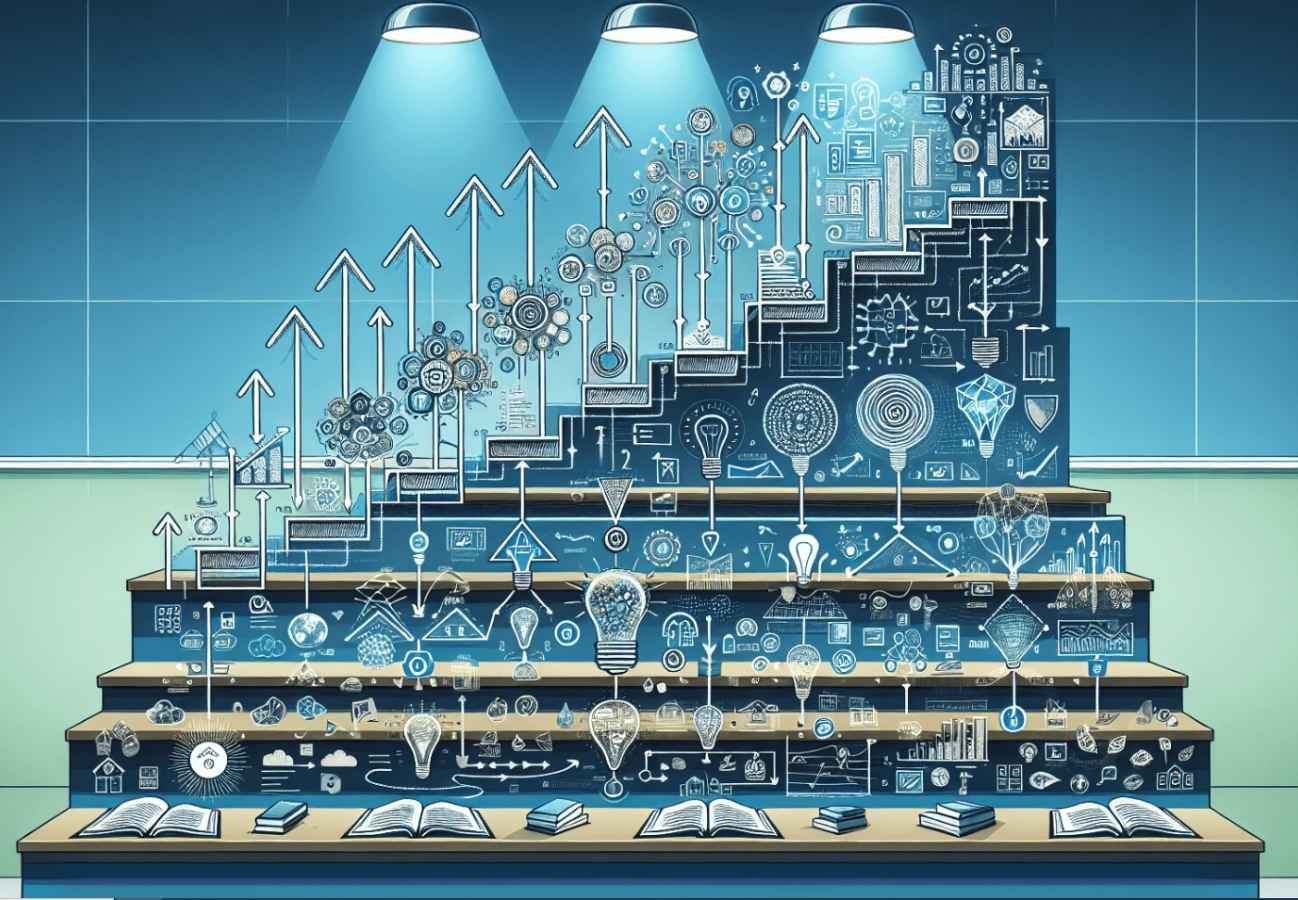What is David Kolb's Experiential Learning Theory?
David Kolb's Experiential Learning Theory transforms how we understand student engagement by placing direct experience at the center of learning. This educational framework suggests that meaningful learning occurs through a four-stage cycle: concrete experience, reflective observation, abstract conceptualization, and active experimentation. Rather than viewing learning as passive information absorption, Kolb's model positions students as active participants who construct knowledge through hands-on experiences and thoughtful reflection.
The theory emerged from Kolb's observation that traditional lecture-based teaching often fails to create lasting understanding. Students learn best when they can touch, try, reflect, and apply new concepts in real-world contexts. This approach has revolutionized classroom practices across K-12 education, offering teachers a research-backed framework for creating more engaging and effective learning experiences.
The Four Stages of Kolb's Learning Cycle
Understanding each stage helps educators design powerful learning experiences that honor how students naturally process information.
Concrete Experience: Learning Through Doing
Students begin learning by engaging directly with new material through hands-on activities. This stage emphasizes feeling and experiencing rather than thinking about concepts abstractly. In a science classroom, students might conduct experiments before learning the underlying principles. In literature, they might role-play characters before analyzing themes.
Effective concrete experiences share common characteristics: they feel relevant to students' lives, involve multiple senses, and create emotional connections to the material. Teachers who master this stage often report increased student motivation and deeper initial engagement with new topics.
Reflective Observation: Making Meaning From Experience
After experiencing something new, students step back to observe and reflect on what happened. This stage requires teachers to create space for thoughtful consideration rather than rushing toward the next activity. Students examine their experiences from multiple perspectives, often through discussion, journaling, or guided questioning.
The reflective observation stage challenges our culture's emphasis on constant action. Students need time to process, wonder, and make connections between their experience and existing knowledge. This pause creates the foundation for deeper understanding in subsequent stages.
Abstract Conceptualization: Building Theoretical Understanding
Students now work to understand the principles, theories, or concepts that explain their concrete experience. This stage involves logical analysis, reading, research, and connecting new learning to established knowledge frameworks. The abstract thinking that occurs here transforms isolated experiences into transferable understanding.
Teachers support abstract conceptualization by providing resources, facilitating discussions, and helping students see patterns across different experiences. This stage often involves traditional academic skills like reading, writing, and analytical thinking, but these activities now carry deeper meaning because they connect to lived experience.
Active Experimentation: Testing New Understanding
The cycle completes when students apply their new understanding in different contexts. They test theories, try new approaches, and experiment with their learning. This stage often generates new concrete experiences, naturally beginning the cycle again at a deeper level of understanding.
Active experimentation might involve solving new problems, teaching others, creating projects, or applying concepts in real-world situations. Students become researchers of their own learning, discovering what works and what needs refinement.
Learning Styles and Individual Differences
Kolb's research revealed that while all learners benefit from the complete cycle, individuals often prefer certain stages over others.
The Four Learning Style Preferences
Accommodating learners thrive on concrete experience and active experimentation. They learn best through hands-on activities, trial and error, and real-world applications. These students often ask "What if?" and prefer learning through discovery.
Diverging learners combine concrete experience with reflective observation. They excel at generating ideas, seeing situations from multiple perspectives, and connecting learning to personal meaning. These students often ask "Why?" and value discussion and brainstorming.
Assimilating learners prefer reflective observation and abstract conceptualization. They excel at organizing information, creating theoretical models, and understanding complex concepts. These students often ask "What?" and appreciate clear explanations and logical presentations.
Converging learners combine abstract conceptualization with active experimentation. They excel at practical application, problem-solving, and finding efficient solutions. These students often ask "How?" and prefer learning through practice and application.
The idea of learning styles have developed and transformed over time. Review our current analysis of learning styles here: Learning Styles
Beyond Learning Styles: A Balanced Approach
While understanding preferences helps teachers connect with individual students, Kolb emphasized that complete learning requires all four stages. Rather than limiting students to their preferred style, effective educators guide learners through the entire cycle, strengthening weaker areas while honoring natural preferences.
Practical Applications of Kolb's Theories in K-12 Classrooms
Transforming theory into practice requires intentional planning and creative implementation across different subjects and grade levels.
Elementary School Applications
Young learners naturally gravitate toward concrete experiences, making Kolb's cycle particularly powerful in elementary settings. A math lesson on fractions might begin with pizza or pie sharing (concrete experience), followed by discussion about what students noticed (reflective observation), introduction of fraction notation and rules (abstract conceptualization), and practice with new fraction problems (active experimentation).
Science units benefit tremendously from this approach. Students might observe plant growth, reflect on patterns they notice, learn about photosynthesis and plant biology, then design experiments to test their understanding. This sequence creates lasting understanding that pure textbook learning cannot match.
Middle School Implementation
Middle school students' developing abstract thinking abilities make them ideal candidates for the full learning cycle. Social studies teachers might begin units with simulations or role-playing activities, move through reflection and research phases, and conclude with projects that apply historical lessons to contemporary issues.
Language arts instruction comes alive when students experience stories through drama or multimedia before analyzing literary elements. The concrete experience of performing or creating provides rich material for reflection and deeper textual analysis.
High School Applications
Advanced students can engage with sophisticated versions of experiential learning. Chemistry students might investigate unknown substances before learning identification procedures. History students might analyze primary sources from personal perspectives before studying broader historical patterns.
The key lies in maintaining the cycle's integrity while increasing complexity and independence. High school students can take more responsibility for their own reflection and experimentation phases.
Comparing Kolb's Theory to Other Learning Approaches
Understanding how experiential learning relates to other educational theories helps educators make informed instructional decisions.
Constructivism and Experiential Learning
Kolb's theory aligns closely with constructivist approaches pioneered by Jean Piaget and Lev Vygotsky. All three emphasize that learners actively construct knowledge rather than passively receiving it. However, Kolb's cycle provides a more specific framework for designing learning experiences than general constructivist principles.
While constructivism focuses on how knowledge develops, experiential learning theory offers practical guidance for creating the experiences that support knowledge construction. This makes Kolb's work particularly valuable for classroom teachers seeking concrete implementation strategies.
Traditional Direct Instruction Models
Experiential learning challenges traditional models that begin with abstract concepts and move toward application. Instead of starting with definitions and rules, Kolb's approach begins with experience and builds toward conceptual understanding.
This doesn't mean abandoning direct instruction entirely. Rather, experiential learning suggests that direct instruction becomes more effective when students have concrete experiences to connect with abstract concepts. The timing and sequencing of instruction matters tremendously.
Project-Based and Problem-Based Learning
Modern pedagogical approaches like project-based learning share experiential learning's emphasis on authentic, hands-on experiences. However, Kolb's cycle provides structure that ensures projects include adequate reflection and conceptual development phases.
Many project-based learning initiatives focus heavily on the doing and creating aspects while shortchanging reflection and abstract thinking. Kolb's framework reminds educators that all four stages contribute to complete learning.
Research Evidence for Kolb's Theory and Educational Impact
Decades of research support experiential learning's effectiveness across diverse educational contexts and student populations.
Academic Achievement Outcomes
Studies consistently show that students in experiential learning environments demonstrate improved retention, transfer, and application of knowledge compared to traditional instruction. The concrete experience and reflection phases appear particularly important for long-term retention.
Research also indicates that experiential learning approaches reduce achievement gaps between different student populations. Hands-on experiences provide multiple pathways to understanding that benefit students with diverse learning needs and backgrounds.
Student Engagement and Motivation
Teachers implementing Kolb's cycle report significant increases in student engagement and intrinsic motivation. When learning connects to direct experience, students develop personal investment in understanding that extends beyond external rewards or grades.
The theory's emphasis on reflection helps students develop metacognitive awareness, understanding not just what they learn but how they learn best. This self-awareness contributes to lifelong learning skills that extend far beyond specific academic content.
Challenges and Considerations for Implementation of Experiential Learning
Successfully implementing experiential learning requires addressing practical challenges while maintaining the theory's core principles.
Time and Curriculum Constraints
The complete learning cycle takes more time than traditional direct instruction, creating tension with packed curriculum requirements. Teachers must carefully select which concepts merit full experiential treatment and which can be addressed through more efficient methods.
Strategic implementation focuses on key concepts that benefit most from experiential approaches. Not every lesson needs to follow the complete cycle, but important learning objectives should receive this comprehensive treatment.
Assessment and Evaluation
Traditional assessments often fail to capture the depth of understanding that experiential learning creates. Teachers need assessment strategies that honor both the process and products of experiential learning.
Portfolio assessments, reflection journals, and performance-based evaluations align better with experiential learning goals than traditional multiple-choice tests. However, students still need preparation for standardized assessments that may not reflect experiential learning approaches.
David Kolb: Background and Contributions
Understanding Kolb's background illuminates how his diverse experiences shaped experiential learning theory.
David Kolb developed his learning theory while serving as Professor of Organizational Behavior at Case Western Reserve University. His background combined psychology, education, and business, creating a unique perspective on how people learn in various contexts.
Kolb's work built on earlier experiential education pioneers like John Dewey and Kurt Lewin, but his systematic four-stage cycle provided practical structure that earlier theories lacked. His 1984 book "Experiential Learning: Experience as the Source of Learning and Development" remains influential across education, training, and organizational development fields.
The theory emerged from Kolb's observation that business school students learned differently from traditional academic approaches. This real-world perspective helped create a learning framework that bridges academic theory and practical application.
Moving Forward: Implementing Experiential Learning
Successful implementation begins with small steps rather than complete curriculum overhauls.
Start by identifying one unit or concept that would benefit from experiential treatment. Design concrete experiences that connect to your students' lives and interests. Build in structured reflection time, even if it means covering less material initially.
Remember that experiential learning represents a fundamental shift in how we think about teaching and learning. Students accustomed to passive learning may initially struggle with increased responsibility and reflection requirements. Patience and persistence create the conditions for transformative learning experiences.
The investment in experiential learning approaches pays dividends in student engagement, understanding, and long-term retention. When we honor how students naturally learn best, we create educational experiences that truly prepare them for lifelong learning and success.

